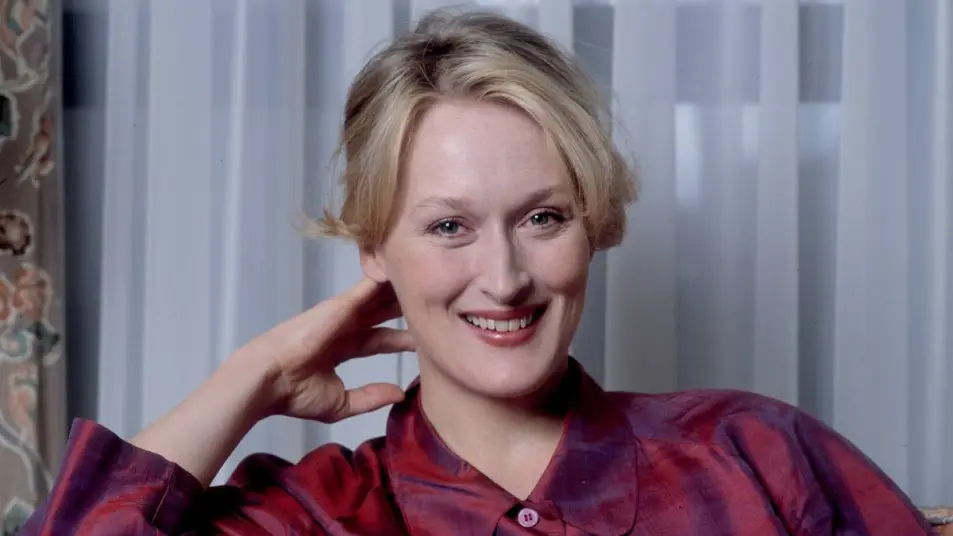politicalphishing.com – The 1980s were a transformative decade for the film industry, marked by the rise of blockbuster hits, the emergence of new genres, and the evolution of acting as a craft. Amidst this cinematic revolution, Meryl Streep stood out as a beacon of talent, versatility, and dedication. Her work during this decade not only solidified her status as one of the greatest actresses of her generation but also left an indelible mark on the art of acting itself.
The Early 80s: A Promising Start
Meryl Streep’s journey into the limelight began in the late 70s, but it was in the early 80s that she truly started to make her mark. Her performance in “The Deer Hunter” (1978) had already earned her an Academy Award nomination, but it was her role in “Kramer vs. Kramer” (1979) that won her the Oscar for Best Supporting Actress. This was just the beginning. The 1980s would see Streep take on a variety of roles, each more challenging than the last, showcasing her incredible range and ability to transform herself for the screen.
The Middle 80s: A Decade of Diversity
The middle of the decade saw Streep tackle roles that were as diverse as they were demanding. In “Sophie’s Choice” (1982), she portrayed a Holocaust survivor struggling with the trauma of her past, earning her the Academy Award for Best Actress. This role was a testament to her ability to delve deep into the psyche of her characters, bringing their pain and complexity to the forefront.
Following this triumph, Streep continued to surprise audiences and critics alike with her versatility. She took on the role of Karen Silkwood in “Silkwood” (1983), a film that highlighted the dangers of corporate greed and the fight for justice. Her portrayal of the whistleblower was both powerful and poignant, earning her yet another Oscar nomination.
The Late 80s: Consolidation and Innovation
As the decade drew to a close, Meryl Streep’s reputation as a master of her craft was unassailable. She continued to push boundaries, taking on roles that allowed her to explore new facets of her talent. In “Out of Africa” (1985), she portrayed Karen Blixen, a Danish aristocrat who navigates love, loss, and resilience in colonial Kenya. Her performance was once again recognized with an Academy Award nomination.
The late 80s also saw Streep collaborate with some of the most respected directors of the time, including Mike Nichols in “Heartburn” (1986) and Alan J. Pakula in “A Cry in the Dark” (1988), also known as “Evil Angels” in some regions. Each role was a testament to her ability to adapt and evolve, never resting on her laurels but always seeking new challenges.
Legacy of the 80s
Meryl Streep’s work in the 1980s set a benchmark for acting excellence that few have been able to match. Her dedication to her craft, her fearless approach to diverse roles, and her ability to disappear into her characters have left an indelible mark on the film industry. Throughout the decade, she received an astonishing 10 Oscar nominations, winning two, a record for any actor in a single decade.
Beyond the accolades, Streep’s legacy from the 80s is the inspiration she provided to future generations of actors. Her work demonstrated that with talent, hard work, and a commitment to the craft, an actor could achieve both critical acclaim and commercial success. Meryl Streep’s mastery of the craft in the 80s remains a testament to her enduring talent and her pivotal role in the history of cinema.
